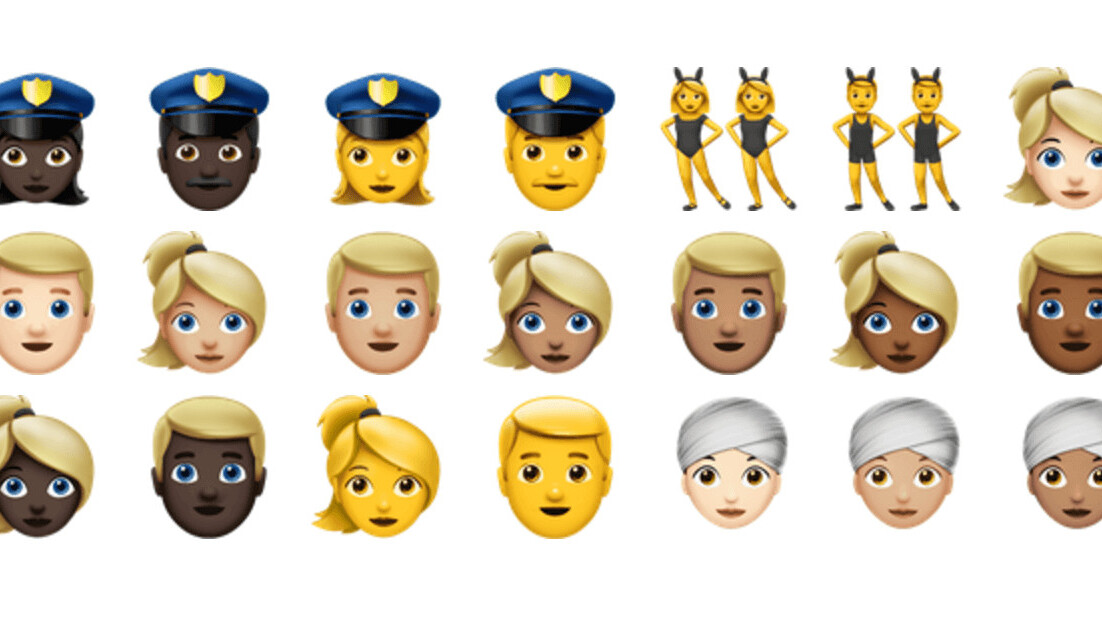
A landlord in Israel has successfully sued a couple who mislead him with emoji, with the judge ruling that the tiny pictures constituted a statement of intent.
The landlord, Yaniv Dahan, posted an ad on a classified site for his home, and received a response from a couple. After giving him the impression they wanted to rent the house, he took down the ad — and then the couple stopped responding to his texts. Incensed at being ghosted, Dahan took the couple to small claims court.
One piece of evidence used against the defendants was an emoji-filled text message they sent to Dahan, which mentioned the house and included the emoji chain “???✌️☄️?️?.”
The judge ruled in Dahan’s favor, ordering the couple to pay him roughly $2000. Specifically, the judge cited the emoji the couple sent him:
These icons convey great optimism. Although this message did not constitute a binding contract between the parties, this message naturally led to the Plaintiff’s great reliance on the defendants’ desire to rent his apartment.
I’m not sure I’d call the chipmunk emoji “optimistic,” but who am I to judge?
Get the TNW newsletter
Get the most important tech news in your inbox each week.




